
Not every parent-child relationship stays close after kids grow up. Sometimes, the distance isn’t just about time or busy schedules—it’s emotional. Adult children may still visit, reply to messages, or do the “right” things out of duty, but their warmth fades. When resentment builds or trust breaks, the bond weakens quietly. And often, the clearest signs that they’re pulling away are easy to miss or explain away.
They stop sharing personal details.

You used to hear about their goals, stress, and what was going on in their lives. Now, conversations feel surface-level. You get polite answers, nothing more. When an adult child stops sharing what they’re thinking or feeling, it’s rarely accidental. It usually means they don’t feel emotionally safe or understood, and rather than risk another uncomfortable interaction, they choose silence.
They spend holidays elsewhere.

Holidays used to be non-negotiable. But now, they find reasons not to come home, or only drop by briefly. When someone chooses friends, in-laws, or even solo travel over a visit, it can signal more than logistics. It suggests they feel more relaxed, respected, or accepted in those other spaces. Traditions don’t hold the same emotional pull when tension outweighs connection.
They keep communication short.

Calls are rushed. Texts take days to get a reply. And when they do answer, it’s a sentence or two—never an open-ended chat. This shift often reflects emotional withdrawal. They might not want to argue or explain, so they keep things transactional. It’s not about being busy. It’s about preserving their peace by limiting how much they engage.
They don’t ask for your advice anymore.
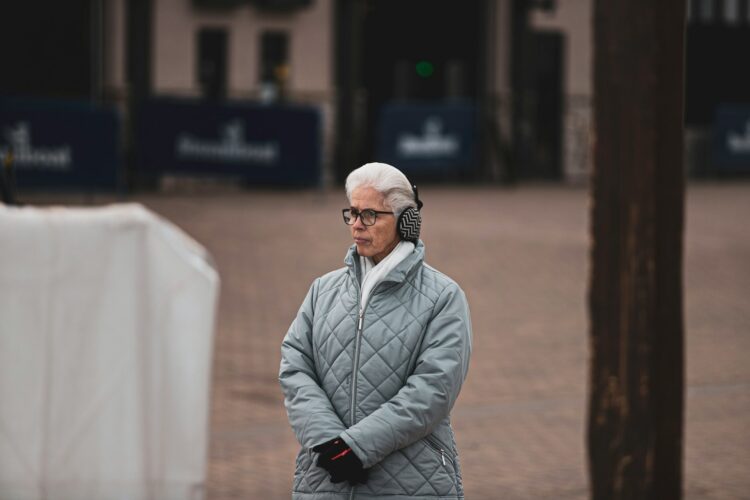
There was a time when they’d run things by you—decisions about work, money, or life. Now, big changes come up after the fact, or not at all. If they’ve stopped asking for your opinion, it’s often because they’ve felt dismissed, judged, or overruled in the past. Withholding their plans is a form of emotional self-protection, not forgetfulness.
They avoid one-on-one time.

When visits happen, they bring a partner, kids, or a friend along, or meet in group settings. One-on-one time is rare, and when it does happen, it feels stiff. This isn’t coincidence. When someone consistently avoids being alone with you, it can be a quiet way of setting boundaries without saying it outright. They’re managing discomfort by diluting the interaction.
They change the subject when things get emotional.
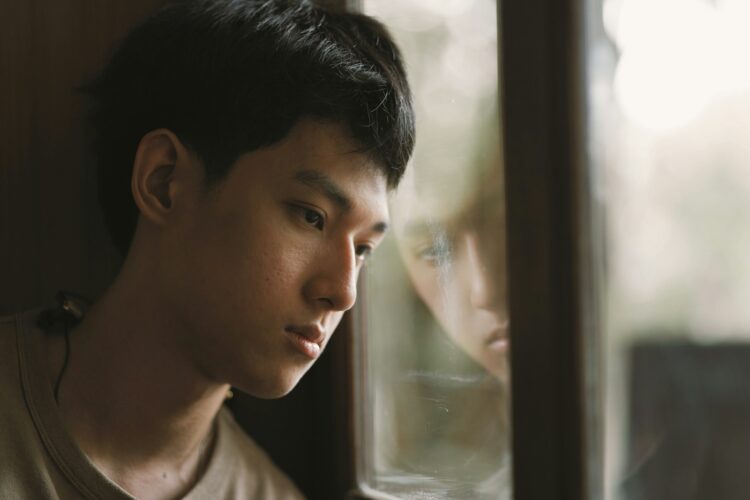
Try to talk about something deeper—your relationship, a misunderstanding, a past hurt, and they shut it down. They might joke, steer the conversation elsewhere, or become visibly uncomfortable. If emotional topics are off-limits, it’s likely because there’s unresolved pain they’re not ready to rehash with you. The avoidance is often a shield against being hurt again.
They no longer seek your approval.

You might notice they’ve stopped trying to impress you. No updates about promotions, no excitement about their achievements. This isn’t just maturity—it’s emotional distance. When adult children no longer value or expect positive feedback from you, it often means they’ve learned not to rely on your support. Over time, they stop looking for your reaction altogether.
They stop defending you to others.

In the past, they might’ve jumped in if someone criticized you. Now, they stay quiet or even agree. If your adult child no longer feels the urge to protect your image, it’s a sign their view of you has changed. Defending someone requires emotional investment. When that connection fades, so does the instinct to speak on your behalf.
They act like guests in their childhood home.

They come in, stay quiet, clean up after themselves, and rarely settle in. Everything feels formal, like they’re visiting a distant relative instead of a parent. If home no longer feels like home to them, it’s often because past dynamics left them feeling unwelcome, criticized, or out of place. They’re walking on eggshells—not out of politeness, but habit.
They hesitate before accepting help.

You offer support—money, babysitting, advice—but they pause or decline. It’s not always pride. Sometimes, accepting help feels like opening a door to more control, comments, or strings attached. If they’ve learned that favors come with judgment or conditions, they’ll try to handle things on their own to avoid the emotional cost.
They’re more open with others.

You find out things about them through a sibling, a partner, or social media. When someone else knows more about your child than you do, it’s a sign they’ve built emotional trust elsewhere. This shift happens when someone feels misunderstood or criticized one too many times. It’s not that they’ve stopped needing support—they’ve just stopped needing it from you.
They’re overly polite.

They never argue. They say “thank you” and “take care” and seem perfectly nice. But underneath that surface, everything feels… distant. When a relationship becomes too polite, it often means it’s lost its emotional safety. They’re not comfortable being their full, messy selves around you. Politeness has replaced real connection—and they’re keeping their guard up.
They don’t involve you in big life events.
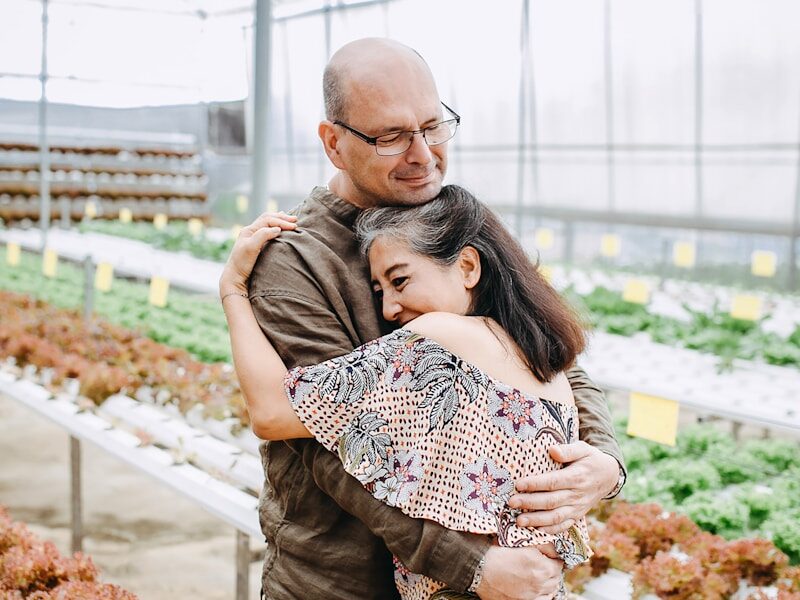
You hear about the engagement after it happens. The baby announcement comes by text. When you’re excluded from milestones or decisions, it’s often because they’re drawing a boundary. They may want to avoid stress, judgment, or past patterns repeating. When people feel emotionally close, they bring you in. When they don’t, they keep you on the outside looking in.
They remind you of past hurts.
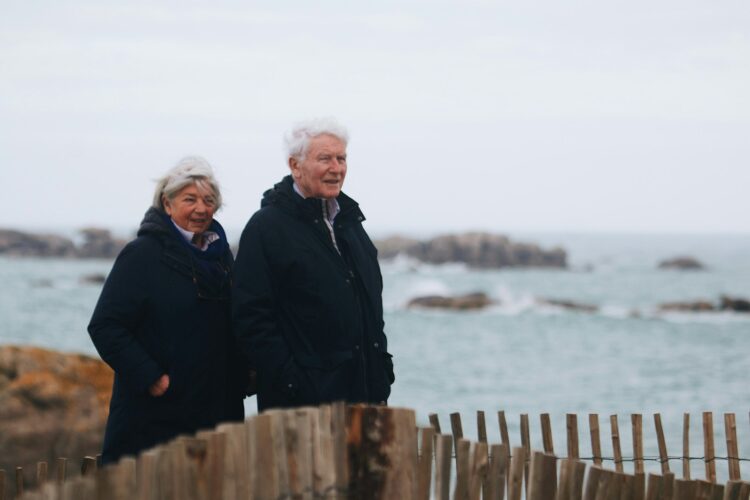
If conversations often include subtle reminders like “You always used to…” or “That’s why I stopped telling you things”, they’re not over it. These moments aren’t just passive-aggressive—they’re emotional breadcrumbs. Your child might not want a fight, but they haven’t fully healed. And that lingering resentment can quietly drive emotional distance, even if they still show up on holidays.
They seem more relaxed when you’re not around.
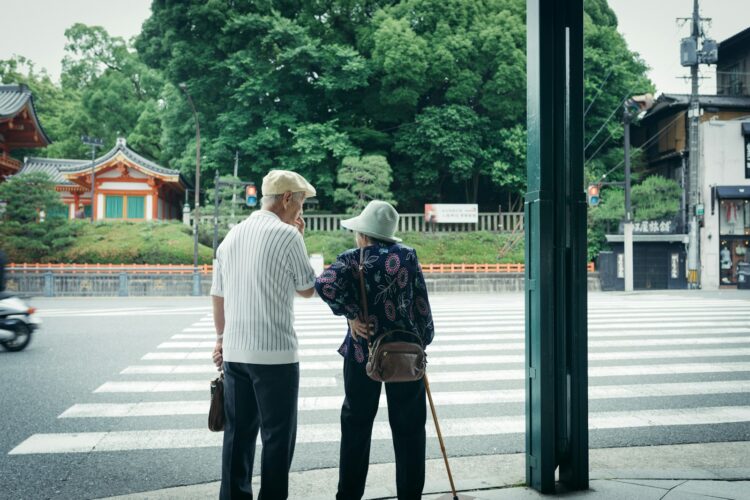
You might notice it in photos, videos, or stories from others. There’s a lightness in them that disappears during visits or calls. That contrast speaks volumes. When someone feels like they have to brace themselves to be around you, it’s not always about you yelling or scolding—it’s often the result of years of feeling unseen, controlled, or not accepted for who they are.

